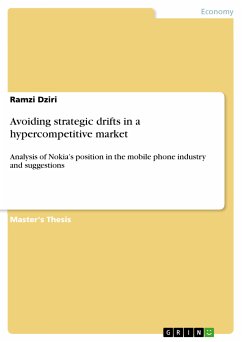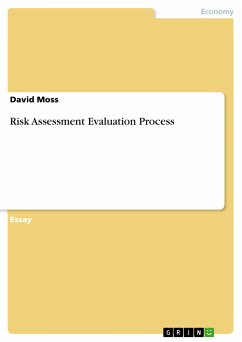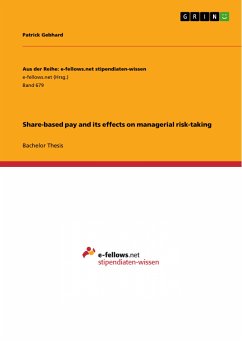Research Paper (undergraduate) from the year 2013 in the subject Business economics - Business Management, Corporate Governance, grade: 1 (First) = 82 %, New College Durham, language: English, abstract: Tremendous events like 9/11, the huge property/ banking/ debt/ euro crises, failing projects like Heathrow Terminal 5 or the instable political situation in many countries of the Middle East - just a few examples of events that have made people and organisations more aware of risks and uncertainty. Therefore, risk management has been gaining more and more in importance since the 1970s and is included in most organisations' policy nowadays. (Merna & Al-Thani, 2008, p.40 [Online]) However, even if the connotation of the word "risk" in our everyday language is quite negative, risks do not just mean threats (also called "downside risks") but they can also provide opportunities ("upside risks"). (Woods, 2011, p.22) Consequently, "avoiding a risk may mean avoiding a potentially huge opportunity" (Frame, 2003, [Online]), which makes risk management a complex matter that is essential to be considered thoroughly by every organisation that is interested in longterm profitability.
Dieser Download kann aus rechtlichen Gründen nur mit Rechnungsadresse in A, B, BG, CY, CZ, D, DK, EW, E, FIN, F, GR, HR, H, IRL, I, LT, L, LR, M, NL, PL, P, R, S, SLO, SK ausgeliefert werden.









